In two recent columns, I previewed the emerging field for City Council District primaries and the At-Large primary, based on what we know from the confirmed candidate committee filings and what various political observers are saying. This week we’ll take a look at some of the emerging general election dynamics that are visible at this point in time.
Because of the overwhelming Democratic voter registration edge in Philadelphia, the Democratic Party primary election is the true election of consequence for Mayor and City Council, but there are still a few areas of life where the general election could be competitive.
Those include the general elections for City Council At-Large, the City Commissioners’ election, and the 10th Council District.
City Council At-Large
In the general election for City Council’s seven (7) At-Large seats, each party is allowed to nominate up to five (5) candidates, effectively reserving two of the seats for candidates not in the majority party. Historically those seats have gone to the Republicans, as the second largest political party in the city, but in 2019, Kendra Brooks of the Working Families Party made history toppling one of the two Republicans, Al Taubenberger.
Republican Councilmember David Oh hung on easily, beating out Nic O’Rourke, the other candidate on the WFP ticket. But this time around, Oh is expected to resign from his seat very soon to run as the GOP’s Mayoral candidate, leaving one of the non-majority seats open.
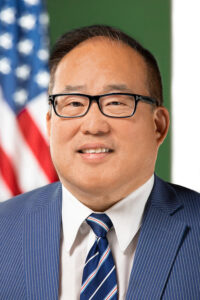
David Oh has proven to be the Republicans’ best general election vote-getter over the years, and has won with a supporter map that looks very different from most other politicians’ maps. That hasn’t stopped elements of the Republican Party from trying to oust him in party primaries, namely the “PPA guys” who Oh has tangled with at points. But without Councilmember Oh or City Commissioner Al Schmidt, Republicans are without a proven election winner on the citywide ticket in 2023.
So far there are three declared primary candidates on the Republican side: Drew Murray, Jim Hasher, and Sam Oropeza. Murray is a regional sales manager for O’Brien Business Systems, but his civic resume as Logan Square Neighbors Association president, and president of the Philadelphia Crosstown Coalition of civic groups is more relevant to the political office he is seeking.
Hasher is a bar owner and real estate agent. Oropeza is a former mixed martial artist, coach, and real estate developer. Murray and Hasher ran as the Republican special election nominees this November opposite the Democrats, Jimmy Harrity and Sharon Vaughn, who went on to win.
The Republican Party leaders would prefer to nominate only two candidates in the primary for maximum effect in the general election, and only Murray and Hasher are running with the party’s support. All three will go on to win the primary, though, if nobody else gets in.
Meanwhile, on the left, the Working Families Party will once again nominate Kendra Brooks and Pastor Nicholas O’Rourke as their standard bearers. WFP doesn’t operate like the Democratic and Republican party organizations where there is a primary election for the nomination that members vote on in a voting booth, so they are able to exercise more control over who appears on their ballot line, similar to how the Green Party and the Libertarian Party operate.
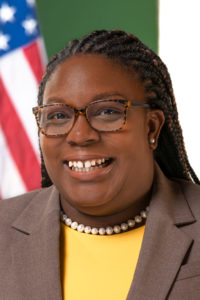
In 2019, Brooks was able to topple Republican Al Taubenberger, but O’Rourke wasn’t able to win more votes than David Oh. There was a gap of 7,162 votes between Oh and O’Rourke, and a 13,696-vote gap between Brooks and O’Rourke. To win, WFP needs a certain number of Democratic general election voters to leave two Democratic At-Large candidates off of their ballots, and vote for Brooks and O’Rourke instead.
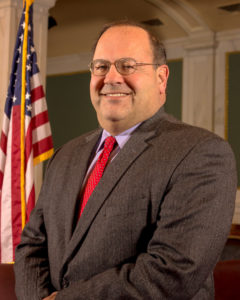
Last time, WFP had success getting enough Democrats to leave former City Councilperson-at-large Allan Domb out of their top five that Kendra Brooks could break through. But without Domb to kick around anymore, it’s much less obvious which two Democrats out of those who could conceivably win the At-Large primary might be most leave-off-able to further-left Democrats and independents.
City Commissioners
In the City Commissioners’ race, SEIU Healthcare PA legislative director Jarrett Smith will be running on the Working Families Party ballot line to try and oust Republican Commissioner Seth Bluestein. Democratic Commissioners Lisa Deeley and Omar Sabir are both expected to run for reelection, but as of now there aren’t any prominent names of potential Democratic primary candidates floating around.
The City Commissioners’ general election similarly features a guaranteed non-majority party seat, where WFP is hoping to rerun a version of their successful City Council play from 2019.
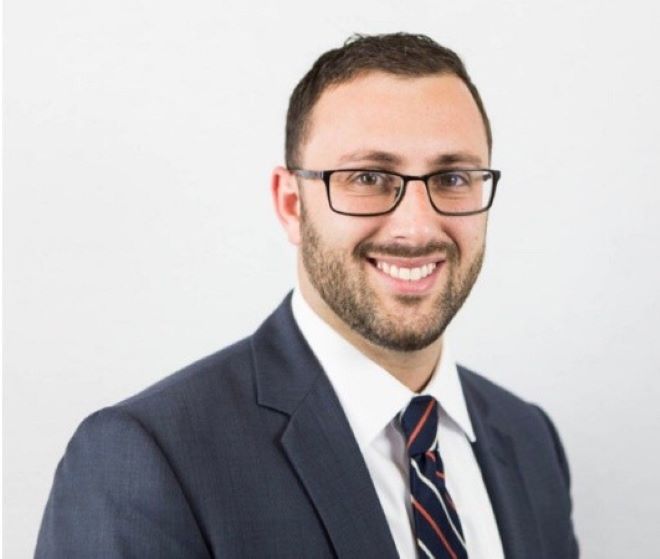
The current Republican incumbent, Seth Bluestein, was Al Schmidt’s deputy and is widely considered to be very well-qualified for the job. When Mayor Kenney had to make an interim appointment to replace Schmidt, who left his post to run Committee of Seventy, Bluestein had many prominent Democratic validators at the time as the obvious choice to replace Schmidt, and presumably will again running for the full term.
Schmidt is now Democratic Governor Josh Shapiro’s Secretary of State, and was recently one of 12 Americans to be awarded a Citizens Medal by Democratic President Joe Biden for his job performance in 2020 under intense pressure from the national Republican Party. Bluestein was Schmidt’s deputy during that 2020 election cycle and has a lot of good will from that time.
District 10
In the 10th Council District in the far Northeast, extremely-long-tenured Councilmember Brian O’Neill is facing a rare primary from fellow Republican Roman Zhukov, president of the civic group NE Phila Connected, and a former property manager and Chinese restaurant owner.
It’s unclear what kind of support Zhukov might get in the primary against Councilmember O’Neill, who was first elected in 1979, and is by now an institution in that region of the city. O’Neill shares an office building with the Fraternal Order of Police, just to paint a little picture of the politics there.
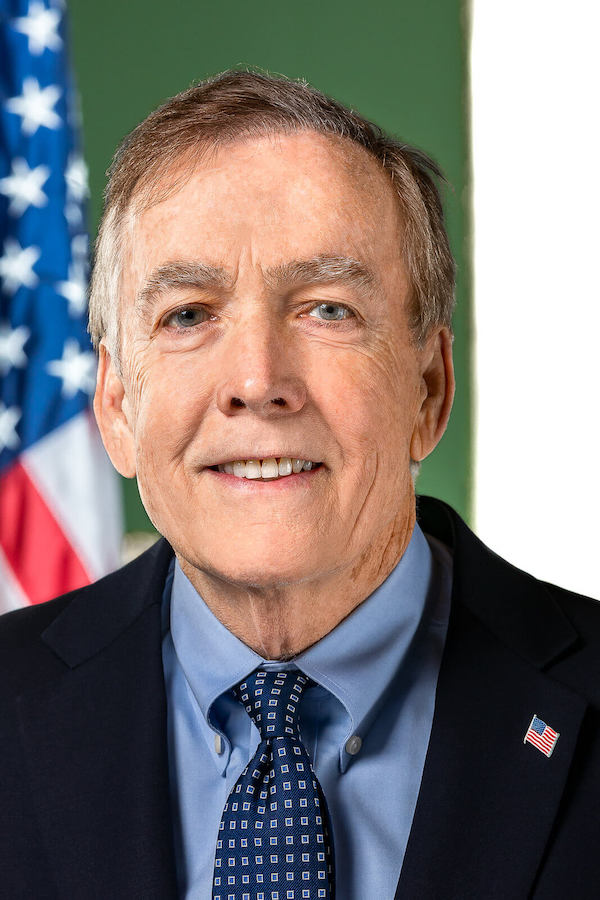
If Zhukov were to win, it stands to reason he might be a somewhat weaker general election opponent than O’Neill, although voter registration has been trending more Republican the last few cycles.
In the general election, Gary Masino, business manager for the Sheet Metal Workers’ union Local 19, plans to run against O’Neill. Anecdotally, Masino’s entrance into that race has already engaged some big players in organized labor, but whether their combined efforts can break O’Neill’s 44-year hold on the district is anyone’s guess.

Jon Geeting is the director of engagement at Philadelphia 3.0, a political action committee that supports efforts to reform and modernize City Hall. This is part of a series of articles running on both The Citizen and 3.0’s blog.
![]() MORE ON THE 2023 ELECTION FROM THE CITIZEN
MORE ON THE 2023 ELECTION FROM THE CITIZEN
Photo by Fernando García Redondo via Flickr



